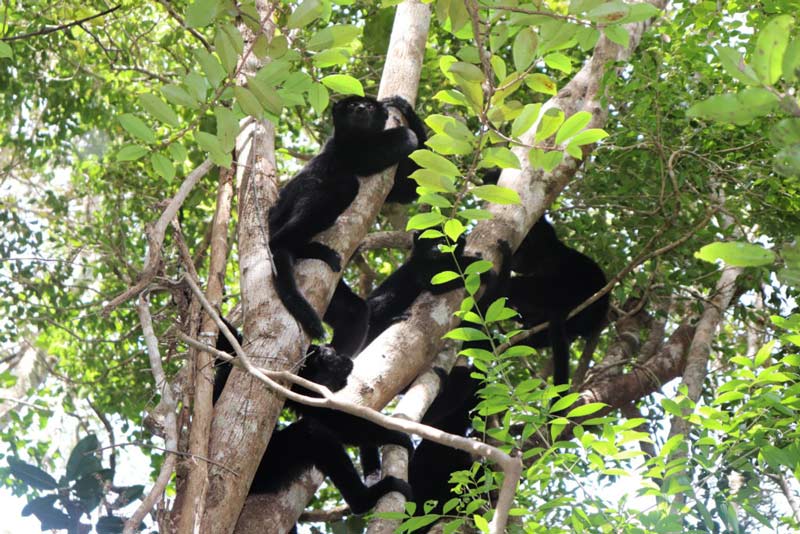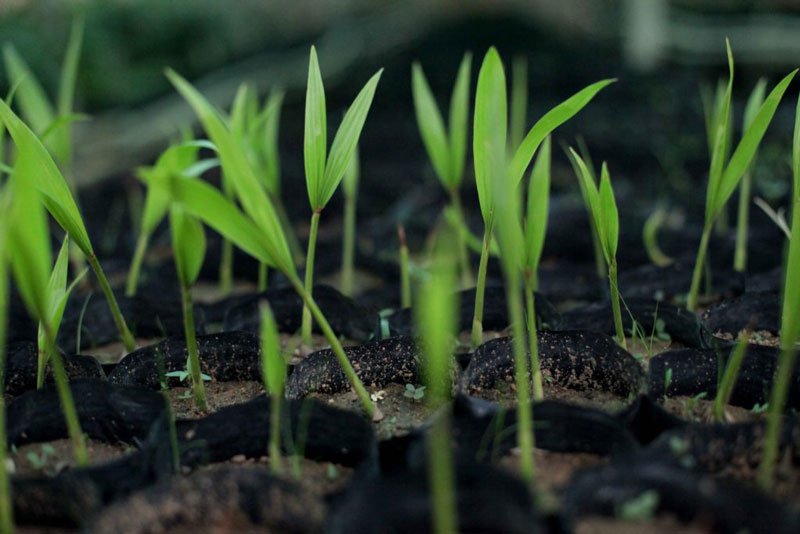Fanamby - SOS Lemurs
Madagascar lost more than 3.27 million hectares of forest cover between 2001 and 2007. And between 2001 and 2015, 7% of this loss occurred in areas where the main factors led to permanent deforestation. According to the IUCN Red List of Threatened Species, about 90% of lemur species are threatened with extinction due to habitat destruction caused by slash-and-burn agriculture, illegal logging, and hunting. These pressures have made lemurs the most endangered group of mammals on the planet. Since 2015, SOS has funded more than 28 lemur conservation projects, including Fanamby.

In northern Madagascar, Fanamby manages the protected area of Andrafiamena Andavakoera, home to Perrier Sifaka or Black Lemur, a lemur endemic to Madagascar. The International Union for the Conservation of Nature has classified its conservation status as “critically endangered” and the black lemur is now considered one of the 25 most endangered primates in the world. Fanamby works with local communities to conserve biodiversity. Involving local communities in conservation activities is part of Fanamby’s approach. In 2013, the non-profit took the lead and invested in sustainable tourism by creating the Black Lemur Camp. The camp not only helped to create jobs and improve the local community’s income, but also allowed them to recognize the importance of biodiversity. With funding from SOS Lemurs, BLC staff, the local community and the entire team, work together to ensure the integrity of the forest cover. They have established nurseries where several species grow, including those with the favorite leaves and fruits of Perrier Sifaka. Local communities have been in charge of the Anjahakely village nursery since 2007. Ten years later, there were more than 30,000 seedlings of 11 different tree species in the nursery. Palm trees, Mantaly, Bonara, Satrabe, Voatsikomoko, Rafia, Baobabs, etc. were planted for the forest restoration in the region.

This sustainable tourism approach to conservation led Fanamby and the local community to receive an award on November 3, 2019. Black Lemur Camp wins the “Best Wider World Tourism Project” presented by the British Guild of Travel Writers in London, which recognizes excellence in tourism projects around the world. Winning this award is the result of hard work, but also a great recognition of the efforts made by the community of Anjahakely and the entire Black Lemur Camp team.
This project is funded by IUCN Save Our Species. The contents of this article are the sole responsibility of Fanamby and do not necessarily reflect the views of IUCN.